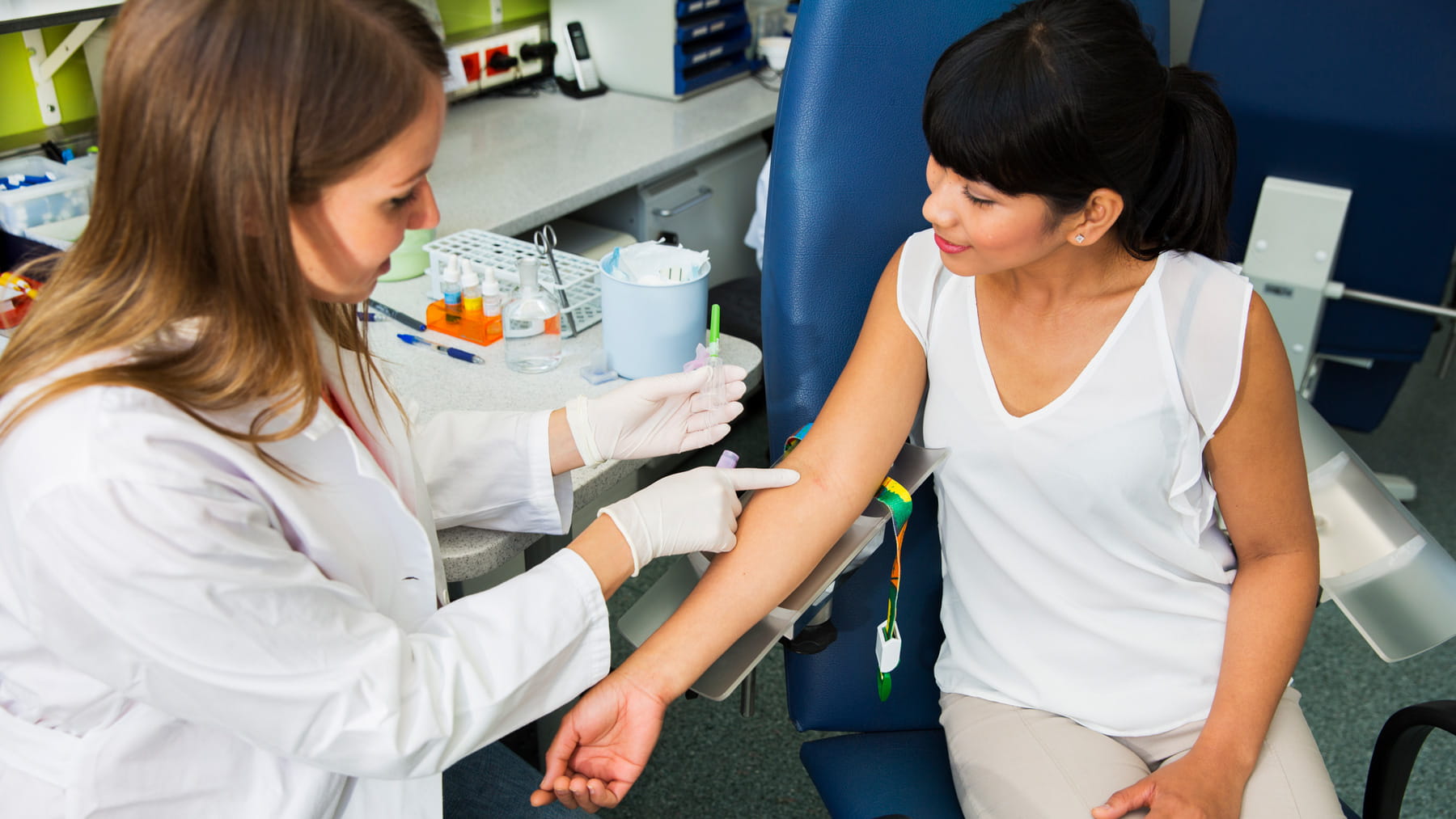Blood donations needed during COVID-19 pandemic

Editor’s note: As what we know about COVID-19 evolves, so could the information contained in this story. Find our most recent COVID-19 blog posts here, and learn the latest in COVID-19 prevention at the Centers for Disease Control and Prevention.
Widespread public concern about COVID-19 is sparking mass cancellations of blood drives across the country, putting the nation’s blood supply at risk.
The resulting loss of thousands of units of life-saving blood and blood products has already created blood supply challenges for many hospitals, which could negatively impact patients.
Milwaukee-based Versiti Inc., a leader in blood health innovation and the sole blood provider for The Ohio State University Wexner Medical Center, is reporting nationally that more than 4,000 blood drives have been canceled, resulting in 130,000 fewer blood donations.
“Healthy donors are urged to donate,” said Dr. Dan Waxman, vice president Transfusion Medicine Blood Services for Versiti. “So far we’ve had 40 blood drives canceled in Ohio, accounting for 601 life-saving blood donations that would’ve been drawn. In addition, 78 blood drives have been canceled in Indiana, accounting for 1,842 blood donations lost.”
Ohio State Wexner Medical Center uses approximately 60,000 units of blood products per year treating complex patients and performing complicated treatments and procedures, including heart, lung, liver and kidney transplants, as well as general and trauma surgeries.
“Our hospitals continue to care for trauma patients, cancer patients and intensive care patients who need blood to get better. To help us care for our patients during this COVID-19 crisis, we’re asking that if you’re eligible and healthy, please donate blood. The blood you donate with Versiti is used here in Columbus to help care for your friends and neighbors,” said Dr. Scott Scrape, a pathologist and director of Transfusion Medicine at Ohio State Wexner Medical Center.
Versiti continues to monitor the outbreak and is adhering to any potential guidance from the FDA and CDC. The donation process itself poses no risk of infecting a donor with COVID-19.
Blood centers such as Versiti are taking additional precautionary measures to pre-screen potential donors, and limiting the number of donors at a site at one time.
Versiti is asking donors who have travelled to China, Iran, South Korea or Italy to self-defer from donation for 28 days from their date of return. These countries are in line with the current CDC travel guidelines.
“We encourage donors and blood drive sponsors to schedule appointments and keep commitments to donate blood,” Waxman said.
To schedule an appointment in Ohio, go to Versiti.org/OH.




